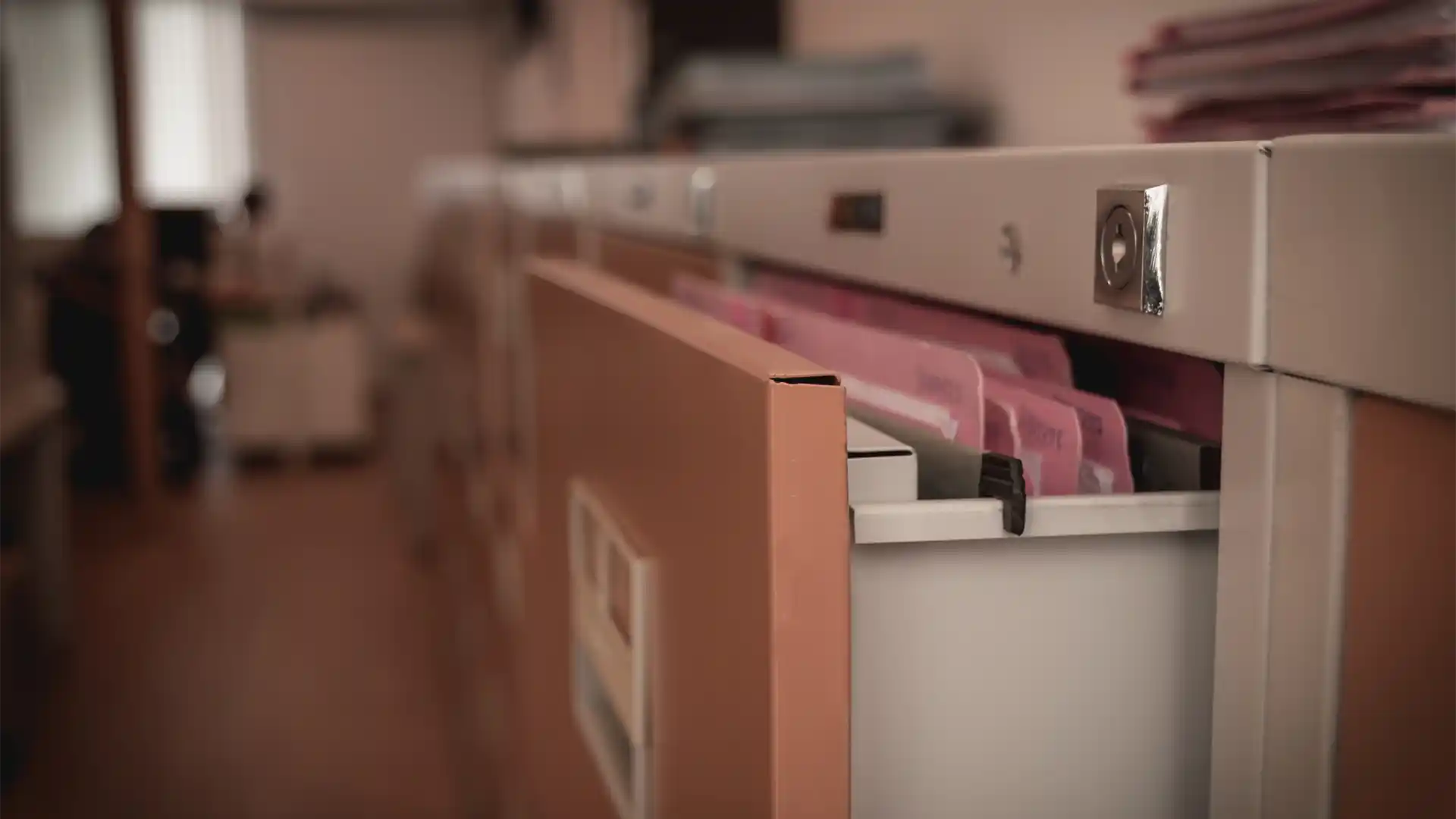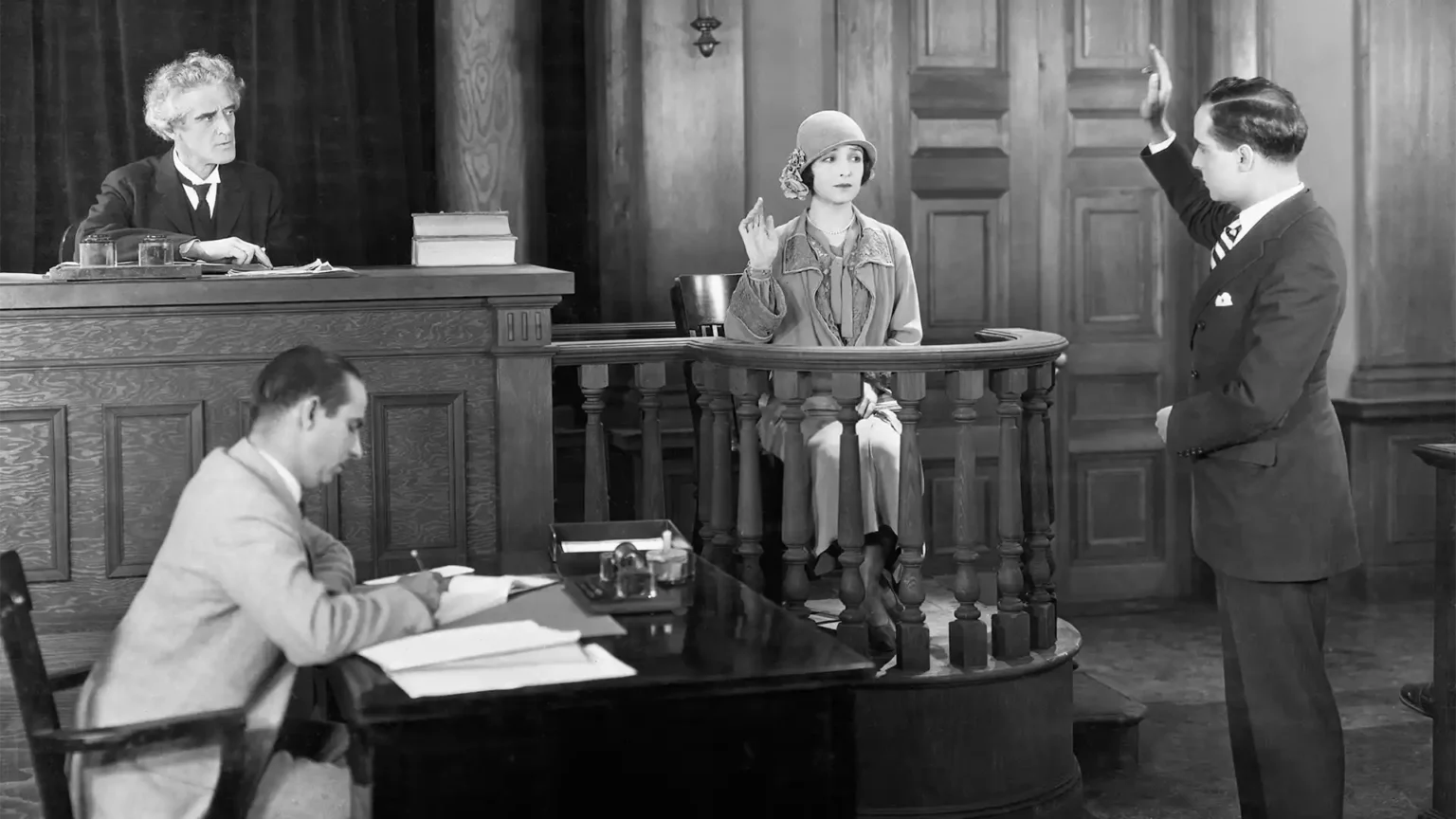
Can the government still go forward with a criminal case against me without physical evidence?
Lying in court. I have answered the following questions more than almost any other during my career: “Can the government still go forward with a criminal case against me without physical evidence? Can they charge me just because she said it happened? Even though she’s lying?!” The answer is YES, the government can go forward with a charge based solely on the statement of a complaining witness. Whether the government can prove it beyond a reasonable doubt is another question. Understanding this means gaining some knowledge about physical versus testimonial evidence.
There are two types of evidence in any trial: physical and testimonial.
Physical evidence includes items in physical form that tend to show that an event, in this case a crime, happened. Examples of physical evidence are DNA, photographs, items taken from the crime scene, lab tests, and fingerprints. Physical evidence can be some of the strongest evidence against a defendant.
Indeed, only a confession is considered more damning than strong physical evidence. This is so because physical evidence is typically collected by trained experts and considered “objective.” Judges and juries tend to believe that what they see before them as physical evidence is true, or, that it is what it appears to be.
There is little question that the bloody knife that Officer Friendly said he collected from the scene is what it is. There may be questions as to Officer Friendly’s credibility, but that is discussed later. The point is that physical evidence has staying power with juries.
Defense lawyers can mount challenges to physical evidence. For example, by pointing to errors in the ways that the evidence was collected, deviations from best practice standards, or problems with machines used in lab tests. However, this evidence is typically strong and tends to carry a lot of weight with a jury.
Testimonial evidence, on the other hand, is a statement, oral or written, given under oath from a person who claims to have direct knowledge of the commission of the crime. This type of evidence is much more vulnerable to cross examination by defense counsel.
There is no rule that the government must have physical evidence of a crime in order to go forward on a charge. This is a nightmare for innocent people who have vindictive exes or other malicious persons in their lives. However, the reason is plain: not all crimes create physical evidence.
From the government’s perspective, it would be unjust to let crimes such as sexual assault, criminal threatening, witness intimidation, and the like go unprosecuted because there is no physical proof that they happened.
Imagine, for example, two women going to the police station: one is contemplating a divorce and decides that falsely accusing her husband of slapping her across the face and shoving her onto the floor might give her some leverage in the divorce proceeding. There are no marks on her, but she is crying and says that it happened.
The second woman is in a relationship with a physically and emotionally abusive man. She tells the police the truth, that her boyfriend slapped her across the face and shoved her onto the floor. There are no marks on her, but she is crying and says that it happened.
A requirement of physical evidence would mean that the second woman would have no recourse with the police for her boyfriend’s abuse. What it also means is that the first woman can create a nightmare for her husband with myriad ramifications including, but not limited to, a record of arrest, potential loss of employment, and potential loss of custody of his children.
Witness Credibility
The key in cases such as these is witness credibility. The judge or jury will be tasked with deciding whether or not the witness is telling the truth. That is the unpredictable hinge upon which the defendant’s liberty rests. Scary, right?
Yes, this is tremendously scary for a defendant in such a case. This means that the client must rely on and believe in his or her lawyer to see the situation as the client sees it and tirelessly root out the problems with the witness’s claim and convince the judge, jury, or prosecutor that the witness is lying.
Often there are mental health or substance abuse issues at play. Usually the client knows the complaining witness very well and is aware of how manipulative, crafty, or compelling they can be. The defense lawyer’s job is to thoroughly examine, investigate, and litigate the complaining witness’s credibility; to show why the testimonial evidence from the witness should not be believed.
